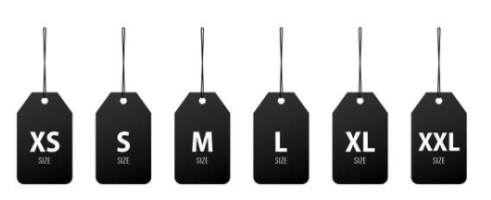Item
The Item entity is the core of master data management for retailers. It provides information about any product or service that may be priced, ordered, or invoiced in the supply chain.
Items are the main entity for frequently changing master data and underpin most retail operations. An item can represent a stock product, a service, a bundle, or a model grouping related products (e.g., by size, color, or style).
See GS1 Product specification.
Note: GS1 refers to this entity as "Product," but Hii Retail uses "Item" for internal consistency. Services are a subtype of Item, not directly supported by GS1.
Item Types
Item types help identify items and enable specific behaviors in consuming systems (e.g., requiring weighing, identifying variants, or marking services).
| Item type | Description | Example |
|---|---|---|
STOCK | Standard retail item, tracked for sales and inventory. | |
SERVICE | Non-stock item provided as a service. |  |
MODEL | Grouping for fashion/sport items; not directly sold. |  |
DEPOSIT | Used for deposit receipts, with unique barcode and possible negative price. |  |
SERIALIZED | One-off items with unique codes (e.g., gift cards). |
Statuses
Status manages the lifecycle of an Item. Some statuses may be more relevant depending on your business.
| Status | Description |
|---|---|
ACTIVE | The item is active and available for normal use. |
DISCONTINUED | The item is deprecated but may still be sold to clear stock; not orderable. |
DELETED | The item is deleted and should not be used, except for reporting or possible reactivation. |
STOPPED | The item is recalled and must not be sold; a reason code is required. |